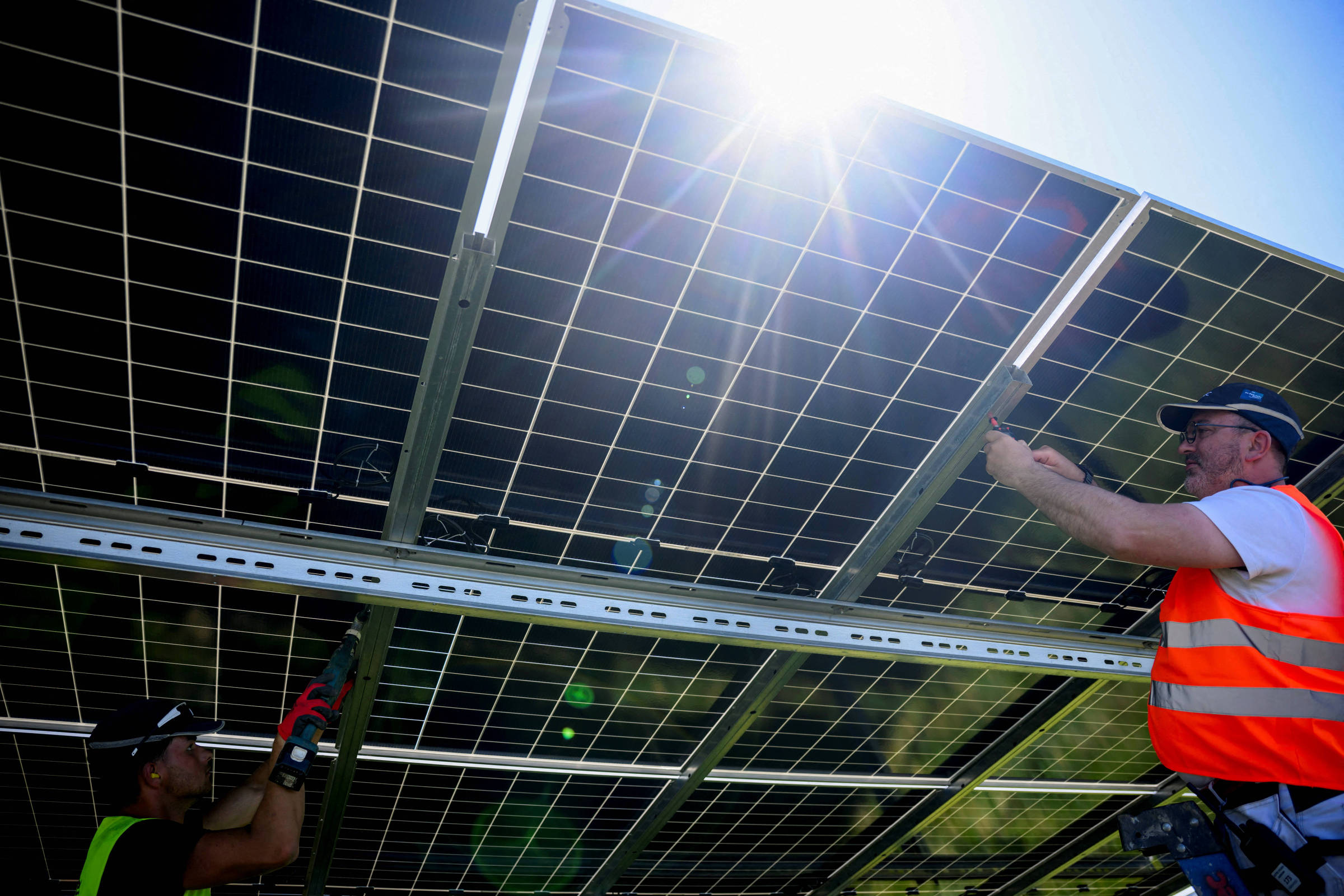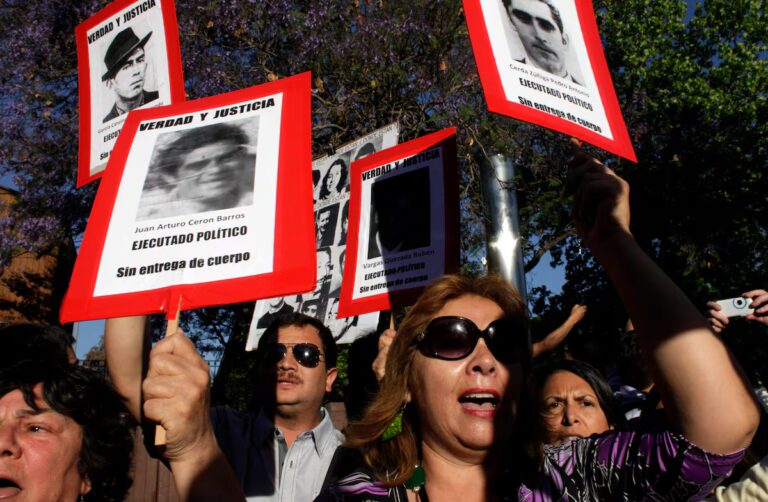
Brazil spent decades encouraging the expansion of renewable energy with billions of reais in subsidies, but did not plan for the rest. The current situation shows that the energy transition cannot be achieved with clean energy alone.
Without proper guidance, excess renewable energy will be wasted every morning and thermal power plants will have to be used intensively at night. High costs and low efficiency sum up Brazil’s electricity sector today.
Between January and October this year, about 20% of all the solar and wind energy the country could produce was scrapped to avoid imbalances in the power system. These renewable energy reductions, known as “curtailments”, were necessary for the National Electricity System Operator (ONS) to protect the country from operational complications and even blackouts. To get out of this “trap”, many things must be done immediately. In addition to the ONS, the National Electricity and Energy Authority and the Department of Mines and Energy are also discussing solutions to this problem.
With the growth of renewable energy, including distributed power generation, the amount of the cut gets larger each month, replicating solar radiation, or when the sun shines its brightest. The situation is most critical between 10am and 12pm. It’s even worse on weekends, especially Sundays. Because factories are closed, fewer businesses are open, and more people are outdoors, energy consumption is reduced, while solar panels generate the most energy.
Abundant clean energy is a gift, but today, there’s nothing our electrical systems fear more than a sunny Sunday. This year I’ve already had four terrible Sundays in May, July, August and October. Although the residents did not realize it, there was an excess of energy at the time, so a collapse could have occurred. On Father’s Day last year, the reduction reached 98% of available concentrated solar and wind power. Almost a power outage.
Cumulative losses due to shut down power plants have reached R$8.1 billion since 2021, affecting the entire value chain of the renewable energy industry. The transmission sector is already finding it difficult to get paid. Manufacturers too. Factories may be closed, new investment is frozen, and financial markets predict that many venture companies will have difficulty repaying their funds.
Short-term measures can reduce the need for layoffs. Accelerating the commissioning of already tendered transmission lines, introducing hourly tariffs, promoting flexibility in hydro and thermoelectric power plants, and promoting the use of batteries in distributed generation are viable, effective and necessary initiatives.
These actions require management, coordination, and political will. Reductions are a planning crisis, not a side effect of renewable energy success. Now that Brazil can generate abundant clean energy, it needs to manage it wisely. Solutions involve technical decisions based on data, not empty narratives.
Trends/Discussions
Articles published with signatures do not reflect the opinion of the newspaper company. The aim of this publication is to stimulate debate on Brazilian and world issues and to reflect different trends in contemporary thought.



